There are clearly advantages and disadvantages of cloud storage.
One thing large market research companies agree on is that the market is forecast to continue to see strong growth as cloud adoption increases and more companies of all sizes embrace the technology. Mordor Intelligence estimate the global cloud storage market to reach $170.02 billion by 2025 growing at a CAGR of 25.74 per cent during the forecast period 2020 to 2025. Allied Market Research valued the market at $46.12 billion in 2019 with a projection that it would be worth a huge $222.25 billion by 2027 growing at a CAGR of 21.9 per cent from 2020 to 2027. Either projection presents a significant opportunity and that can only be good news for resellers.
The growing demand for low cost data storage, backup and data protection has increased the growth of the market across small, medium and large enterprises across a host of vertical markets such as banking, retail, and the public sector where increased collection of data needs to be securely stored. With many organisations embarking on a digital transformation journey, data is continuing to increase exponentially with more mobile technologies, IoT, Artificial Intelligence, Big Data and Machine Learning all contributing to amassing large amounts of data.
Many organisations have adopted a multicloud, hybrid strategy – the later becoming increasingly popular with more sensitive data or mission critical tasks being kept inhouse. Choosing what’s best for companies may depend on the IT resources available. Certainly, Cloud computing providers like Amazon Web Services, Microsoft Azure, Rackspace and Google Cloud have the resources and finances to continue to deliver more robust features, services and security than most organisations, although even these companies are not immune from cyber attacks.
Cost is often one of the most important factors. Power costs can be reduced and cloud service providers can manage upgrades and troubleshoot any issues which for a small business can be very compelling. Unlike a traditional hard drive where information is stored in a physical unit in one place, data is saved on a server belonging to or managed by a cloud vendor either on a private or public cloud. For some companies, a hybrid approach, using a private cloud offering can be the most suitable solution.
Furthermore, accessibility to data can easily be accessed by users with the right credentials, therefore making the solution particularly attractive for remote workers who can access data anytime and anywhere, providing there is an internet connection.
Finally, disaster recovery is another area where cloud storage has significant advantages by providing flexible backup options which can ensure business continuity. Therefore, in the event of a problem, companies have the quick option of accessing and retrieving any lost data. This can help to minimise data losses in disaster situations. However, the cost of back-up and disaster recovery is increasing, simply because of the amount of data that is now kept. Organisations need to prioritise the information essential to run a business smoothly and at the lowest, possible cost. Artificial Intelligence for data management is an innovative new solution
Exertis Enterprise partners with key vendors that leverage cloud infrastructure, reduce overheads, and operating costs, provide stringent data protection whilst avoiding vendor lock in and enabling complete management of un-structured data using the latest autonomous intelligence.
Our Exertis Enterprise team has storage specialists ready to advise you on the best options to enhance your choice of cloud storage solution.
SOME KEY EXAMPLES: Datacore are market leaders in the field of Artificial Intelligence for data management. V-filo provides businesses with autonomous data management where all the important information is stored safely and protected at all times. Datacore has been chosen as a data management tool in the world’s largest enterprises across multiple industries for more than 25 years.
OS Nexus is a unified storage platform that is agnostic to hardware. Using QuantaStore’s grid architecture allows the removal of storage islands and the implementation of next generation hybrid/ private cloud environments. IBM has been using OS Nexus QuantaStor as it’s dedicated SDS platform in the IBM cloud since 2011 with hundreds of deployments across its 23 datacentre’s worldwide.
A10 Networks’ advanced load balancers with central management and analytics, provide a unified solution that allows organisations to manage and deliver secure, elastic, cloud-native applications and services centrally across both public and the entire private cloud infrastructure. Businesses benefit from greater visibility and insights per application and better security.
VMware SD-WAN by VeloCloud. It provides enterprise customers with a transformative wide area network experience, including exceptional application performance over any transport, drastically simplified network management, and streamlined access to Cloud services and platforms.
When you couple the Exertis Enterprise all encompassing Server, Storage, Networking, Software, Security and infrastructure portfolio, which is truly made up of some of the world’s leading technology vendors such as Dell, Intel, AMD, Supermicro, Seagate, WD, Huawei, Fujitsu, VMware, Microsoft, Nivida & APC to name a few, and pair it with the experience and expertise around not only the products/ solutions mentioned but also the CSP/DC market in general, Exertis can truly add value to our partners, whatever the choice or challenge may be.
For advice on how to take advantage of cloud storage opportunities or AI management of data, talk to one of our enterprise specialists.

